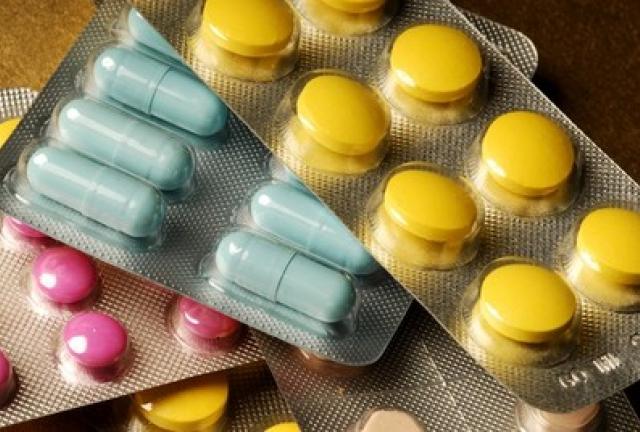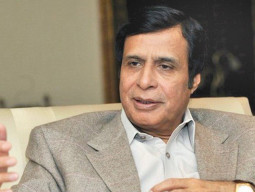
With the change in weather and due to the city being held hostage by two different mosquito borne viral diseases, there is no shortage of people down with a common cold or fever in Karachi.
Resultantly, the metropolis continues to experience a non-prescription drug shortage. As per a market survey carried out by the Express Tribune, ever since the devastating monsoon flooding, Karachi’s wholesale drugs market has failed to meet the rising demand for medicines like panadol, ORS, flagyl, entamizole, arinac, and ibuprofen.
It is pertinent to mention that all of these over-the-counter medicines are the go-to choice of patients trying to treat themselves at home. Atif Billo, President of the Wholesale Chemists Council of Pakistan, while talking to the Express Tribune, said that it has become increasingly difficult to meet the demand for non-prescription medication. “For instance, panadol has been short in supply for the past four months,” he informed.
Resultantly, the price of panadol, which was Rs 340 per box back in June, has now shot up to Rs 850 to Rs 1,000 as per Billo. “However, these prices are only being charged by pharmacists who have hoarded the drugs and are now selling them in black.”
Billo further said that the monsoon flooding had worsened the crisis as non-prescription drugs were bought in large numbers to be sent to flood affectees.
“This is an extraordinary increase in demand for medicines to treat cold, flu, fever, and allergies.” Since winter is on the horizon, the city’s pharmacies expect that demand will increase even further. Pharmacists believe that caregivers flock to name-brand drugs because of their proven track record of being effective. Dr Aftab Jilani, of the provincial health department, agrees. “The best medicine for fever is panadol, so it will see a rise in demand. Moreover, the demand for name-brand anti-allergy and cough syrups will also increase once winter sets in.” Dr Jilani informed that the rise in demand would not help as already his patients were having a hard time finding name-brand medication and were instead asking for alternatives.
Mehar Khursheed, Spokesperson of Sindh’s Health Minister, when inquired if anything was being done to address the shortage, said that the department was aware of it and had taken steps to meet demand. “We are in contact with international organisations and various donor agencies for the procurement of medicines. We have also taken notice of the people who have created an artificial shortage of non-prescription drugs and will take action against them,” Khursheed told The Express Tribune.
Published in The Express Tribune, October 19th, 2022.



1719660634-1/BeFunky-collage-nicole-(1)1719660634-1-165x106.webp)

1732276540-0/kim-(10)1732276540-0-165x106.webp)















COMMENTS (2)
Comments are moderated and generally will be posted if they are on-topic and not abusive.
For more information, please see our Comments FAQ